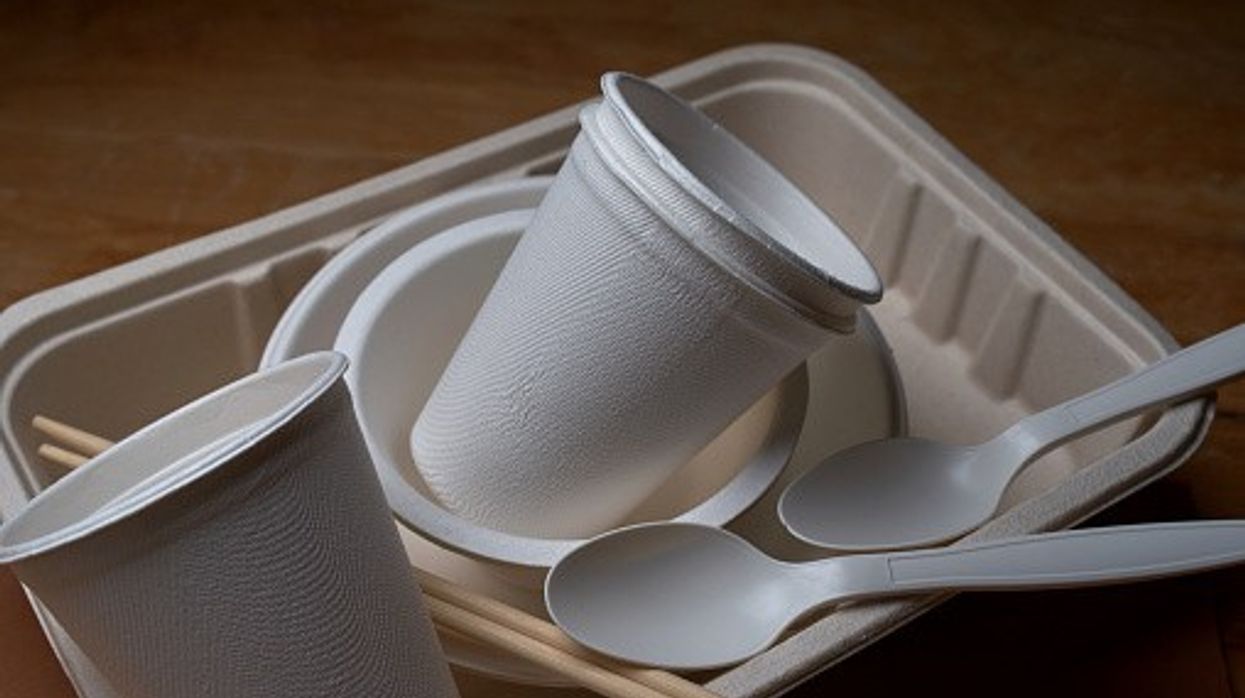This advice applies only to products combining plastic and plant-based materials, not those made solely from bamboo or plant-based substances
The Food Standards Agency (FSA) and Food Standards Scotland (FSS) are reminding businesses in Great Britain (GB) not to sell plastic containers and utensils containing bamboo and other unauthorised plant-based materials due to non-compliance with legislation and safety concerns.
Consumers are also advised to avoid using these products for food-related purposes.
This guidance follows a conclusion by the Committee on Toxicity of Chemicals in Food, Consumer Products and the Environment (COT) that bamboo and similar plant-based matter in plastic materials can cause formaldehyde and melamine to leak into food or drink above the legal limits, posing health risks.
While formaldehyde is naturally produced by the body, ingestion at high levels can cause gastrointestinal issues. Melamine, although having low acute toxicity when consumed short-term, can lead to kidney and urinary tract damage with long-term high-level exposure.
In May 2022, the FSA and FSS directed the industry to ban sales of food contact materials containing bamboo and similar unauthorised plant-based substances like rice husks, wheat straw, and hemp. They also called for evidence to assess the long-term safety of these products.
After reviewing new data, the COT found insufficient evidence to ensure these products' safety, maintaining concerns about their impact on health from long-term use.
Although short-term use of these products is unlikely to pose immediate health risks, the FSA and FSS recommend reducing exposure due to the uncertain long-term effects.
Dr James Cooper, deputy director of food policy at the FSA said: “Following our robust risk assessment process, we have found there to be insufficient evidence to provide us with confidence that these products are safe for consumers to use and therefore, our position remains that food containers and utensils containing bamboo composite material should not be sold in GB.
“We don’t know the long-term impacts to health from using these products and we continue to have concerns that chemicals such as formaldehyde and melamine might leak from these materials when they are in contact with food, especially hot or acidic foods.”
Since these items are neither compostable nor recyclable, the FSA advises consumers to discard them in general waste bins or re-use them for non-food purposes.
The sale of these products as food contact material has already been prohibited in Northern Ireland, following the European Commission Food Contact Material legislation, and businesses continue to comply with this ruling.
This advice applies only to products combining plastic and plant-based materials, not those made solely from bamboo or plant-based substances.
Businesses are being asked to ensure that any bamboo or similar plant products on the market do not contain plastic components.













